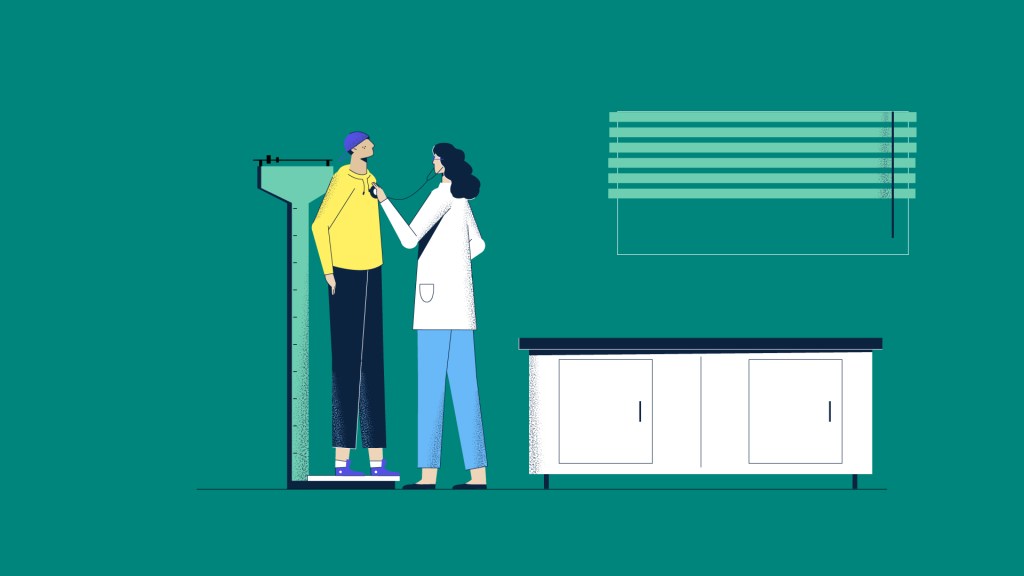
Информация о пациентах и методах лечения
We are here to help. Find the resources we offer below.
Helping you play an active role in your health care
Taking care of your health and medicines can seem overwhelming, but it doesn’t have to be. Keep reading below for tips and information to help you with your overall health. This information is provided as tips and is not meant to take the place of any conversations with your doctor.
Шаги, которые вы можете сделать для разумного обращения с лекарствами
Разумное обращение с лекарствами
Независимо от того, находитесь вы в кабинете врача, аптеке или дома, есть важные вещи, которые вы можете сделать, чтобы разумно пользоваться своими лекарствами.

В кабинете врача предоставьте информацию и задайте вопрос о своих лекарствах
Визит к врачу – прекрасная возможность, чтобы убедиться в своем понимании лекарств, которые вы принимаете:
1. Возьмите с собой флаконы с лекарствами или письменный перечень лекарств, которые вы принимаете (включая лекарства, отпускаемые по рецепту, лекарства, продающиеся без рецепта, витамины и растительные препараты или добавки), и перечень всех известных аллергий на лекарственные средства, которые у вас есть.
2. Сообщите своему врачу и медсестре, если вы беременны или кормите грудью, чтобы они могли убедиться в безопасном приеме определенных лекарств.
3. Будьте готовы задать вопрос о лекарствах, особенно о новых для вас препаратах. Примеры вопросов:
- Как называется этот препарат?
- Для чего предназначен этот препарат?
- Когда и как мне его принимать? Можно ли принимать его вместе с другими лекарствами?
- Следует принимать его с пищей или без пищи? Есть ли какие-то продукты, которые я не должен употреблять, когда принимаю его?
- Как долго мне нужно принимать этот препарат?
- Есть ли какие-то побочные явления, которые я должен контролировать? Что делать, если у меня возникнет побочное явление?
Получите в аптеке четкие инструкции по приему лекарства
Ваш фармацевт является экспертом в области лекарств и важным ресурсом для получения большей информации о лекарствах. Поэтому не спешите уходить из аптеки и обязательно задавайте любые вопросы, которые могут помочь вам лучше понять лекарства, назначенные вам, в частности, как их принимать и хранить. Вот несколько советов, которые следует учесть.
1. Когда фармацевт дает вам лекарства, выньте их из бумажного пакета и прочитайте инструкцию:
- Проверьте название лекарства, чтобы убедиться, что они соответствуют рецепту
- Если вы не понимаете, как принимать лекарства (доза, время суток, с едой / без пищи и т.д.), попросите фармацевта объяснить вам. Они с удовольствием объяснят.
2. Не бойтесь задавать вопросы, такие как:
- Как следует хранить этот препарат? Например, нужно ли его хранить в холодильнике?
- Могу ли я получить эту инструкцию, написанную на другом языке?
Установите режим, когда вы дома и когда путешествуете
Принимайте лекарство именно так, как назначил вам врач. Вот несколько коротких советов, чтобы облегчить вам соблюдение назначения:
1. Держите свои лекарства в одном месте, чтобы знать, где они находятся
2. Помните, что нельзя оставлять лекарства в машине, так как температура в машине может меняться
3. Используйте бумажный календарь или календарь на своем мобильном телефоне или другом цифровом устройстве, чтобы запланировать напоминания о своевременном приеме лекарств
4. Планируйте заранее, если собираетесь путешествовать:
- Убедитесь, что у вас есть достаточно лекарств на всю поездку (возьмите больше лекарств в случае, если вам придется дольше пробыть в путешествии)
- Если вы летите, упакуйте лекарства в ручную кладь в их оригинальные упаковки, чтобы не было проблем с прохождением проверки безопасности
5. Попросите друзей и членов семьи помочь с лекарствами, если вам нужна помощь. Например, попросите любимого человека помочь запрограммировать напоминания для мобильного телефона.
Taking care of yourself as a caregiver
Chances are that we will all be a caregiver or know someone who is. You may not think of yourself as a caregiver, but if you’re taking time away from your own life to provide direct care for someone else, you are a caregiver.

Caregiver tips
Higher levels of stress, anxiety, depression and other mental health effects are common among caregivers. Here are a few tips on how to take care of your own health so you can be strong enough to care for your loved one:
1. Accept offers of help from others and come up with specific tasks they can do, such as help with grocery shopping or other errands
2. Talk with your loved one’s doctors and ask the questions that are on your mind
3. Be open to new technologies that might help you, such as apps for food delivery services and meditation
4. If the emotions of caregiving get in the way of your life, don’t delay in talking with a mental health professional
5. Take breaks whenever you can – caregiving is hard work
6. Keep your loved one’s medical and legal information organized and in one place, so it’s up to date and easy to find when you need it
Above all, don’t forget to pat yourself on the back – caregiving is one of the hardest – but most rewarding – jobs.
Caregiver resources
There are many online resources to help guide you through the complex journey of caregiving. Here are a few we like:
Just a little preparation can go a long way
Before you have your next doctor’s visit, take steps to make sure you make the most out of your time, and your doctor’s, too.
Below are a few things you can do to be ready to give and get the health information you need.

Before your doctor’s visit
1. Write down a few questions
- What is the reason for scheduling the appointment?
- How am I feeling and what symptoms am I having?
- How can I take care of them?
- What tests will I need?
- What are my options for treatment, and how will they help?
2. When you schedule a doctor’s visit, tell the doctor’s office how they can help you
- If the doctor doesn’t speak your language, ask to have an interpreter at your visit
- Ask if your doctor offers telehealth visits. More and more doctor’s offices are using virtual visits (using a computer, phone or tablet) to make it easier for patients to get health care without leaving home. Ask if this option is available.
3. Ask someone to come with you
- Consider asking a family member or friend to go with you to the doctor’s visit to help take notes and remember what the doctor says
4. Prepare ahead of time if you are meeting with a new doctor for the first time
- Jot down a list of your symptoms or medical problems, plus the names, doses and timing of the medicines you’re taking these days
- Next, make a copy to give to your doctor when you arrive for your doctor visit and ask them to add it to your medical records
5. Don’t be embarrassed – your doctor has heard it all
- If you’re planning to discuss a personal topic, one way to be more comfortable is to practice what you plan to say in advance
At your doctor’s visit, be an active partner in your health
Talking to doctors can be hard, or you may feel rushed. However, a doctor’s visit is valuable time that you don’t want to waste. Think of yourself and your doctor as members of the same team and speak up about your health.
1. Explain how you’re feeling – even the details
- Only you know how you really feel, and that information is important for your doctor to know. Talk to your doctor openly and honestly about how you feel and any symptoms you may be having. This will help the doctor better understand how to best support your health care needs.
2. Ask questions
- Your doctor might have insight into other treatment options. Try to keep an open mind about your conversation. Ask questions along the way so you understand everything the doctor is telling you.
3. Take notes
- At the visit, you or a person you brought with you should take written notes of what the doctor says. This will help you remember all they said, and let you share it with your caregiver or others in your family
Вы не одиноки
Каждый пациент и опекун имеет свою историю. Пусть их храбрость и сила вдохновляют вас.





